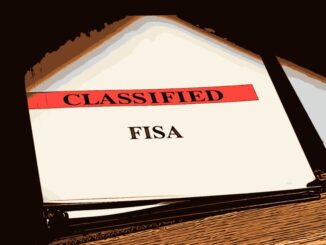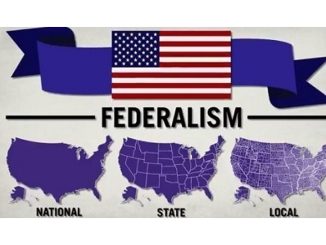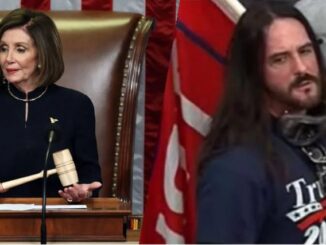Founders / Framers Minute
Article 1, Section 2, Clause 4
by Cornel Rasor
“When vacancies happen in the Representation from any State, the Executive Authority thereof shall issue Writs of Election to fill such Vacancies.”
This was a relatively simple clause that Joseph Story in his Commentaries on the Constitution 2:§ 683, alleged did “not seem to have furnished any matter of discussion, either in, or out of the convention.”
And yet the committee of Detail issued 3 iterations and the Committee of Style one. Concern centered around the type of vacancy. It was observed that a seat never filled by an intended congressman who had not taken the oath of office was different from a vacancy caused by death or resignation of a seated official. It was generally agreed upon that the seat should be filled by an election but the method of assuring an election needed clarification. Legislatures could do so but the process might be drawn out. The state executive however could easily issue a demand (writ) for an election and fill the seat quickly.
In later opinions, the 7th Circuit said that while a governor could choose a particular day of the week to issue a writ, he was not at liberty to refuse issuance. Then in ACLU v. Taft (2002), the district court opined that the governor could exercise broad discretion as to the timing of special elections and even went further noting that if the unexpired term were exceedingly short, the governor possessed discretion to forgo calling the election at all.
There wasn’t much to learn from other countries and some founders noted that our form of government, one which restricted governmental powers to those expressly spelled out or enumerated, was unique in the world.
“[William Vans Murray] said that we ought to be willing to derive information from the experience of every country; but he conceived that no precedents could be drawn that would apply in the present case from a country which had none, to one which had a Constitution that so clearly defined and guarded the rights of the citizens.
Minute 1: Article I, Section 1
Minute 2: Article I, Section 2, Clause 1-2
Minute 3: Article I, Section 2, Clause 3a
Minute 4: Article I, Section 2, Clause 3b
Please support our coverage of your rights. Donate here: Paypal.me/RedoubtNews






